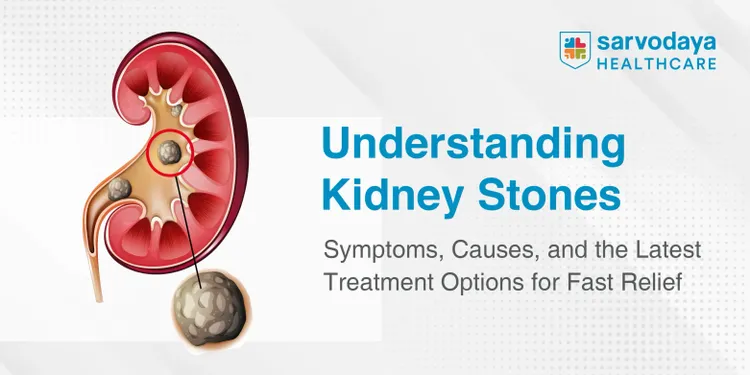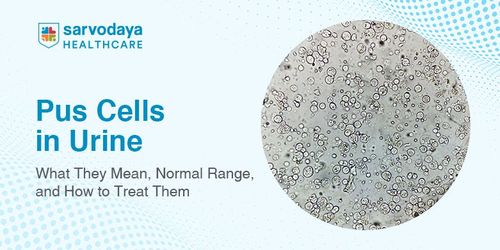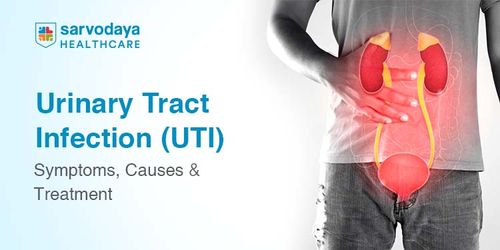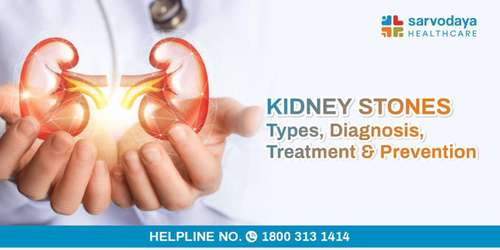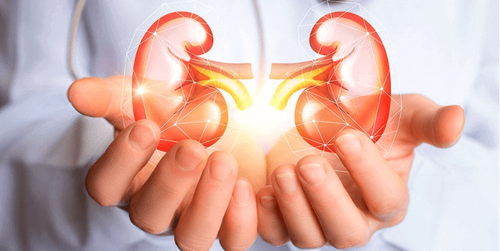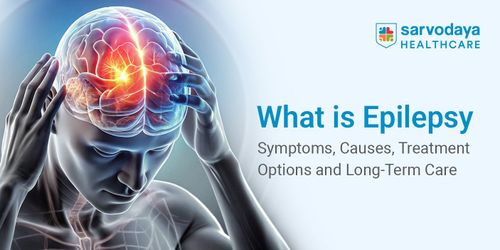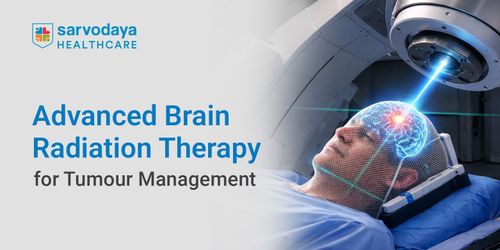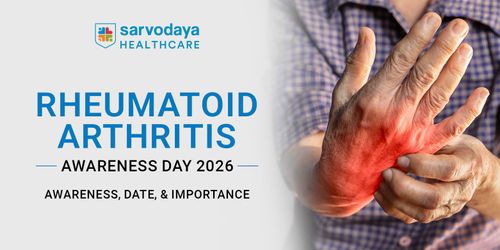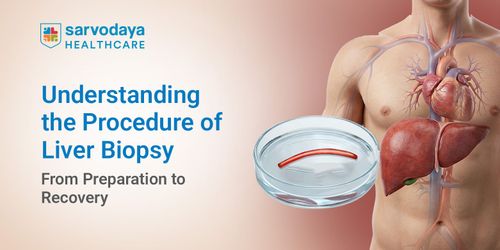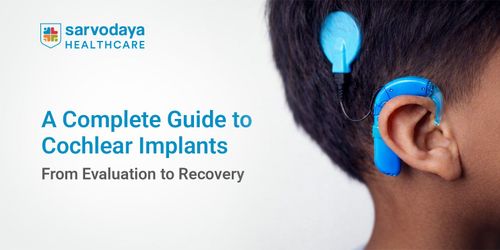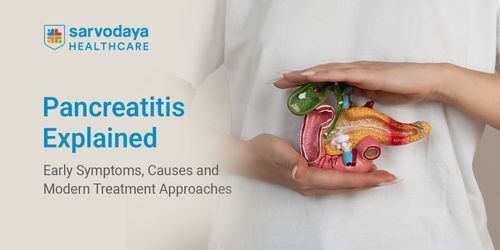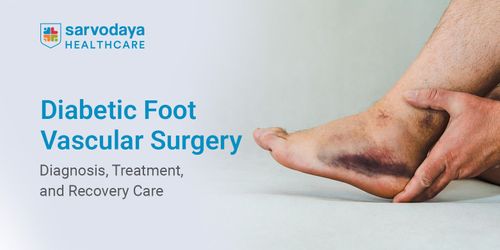Kidney stones are becoming increasingly common among individuals of all age groups. They are painful and disruptive and can significantly affect daily routines, sleep quality and overall health. Whether it is a dull ache or a sharp shooting pain in the lower back or abdomen, kidney stones are physically and emotionally taxing, especially when left untreated.
In this blog, we explore what kidney stones are, the causes behind their formation, the key symptoms to watch out for, and the modern treatment approaches available today.
Kidney Stones and Their Formation
Kidney stones are hard mineral and salt deposits that form inside your kidneys. These crystalline stones are formed when urine becomes concentrated, allowing minerals to crystallise and stick together. Over time, these small crystals may grow in size and block the urinary tract, leading to immense discomfort.
There are different kinds of kidney stones, and each type has its own triggers and treatment requirements. Understanding the cause is the first step towards effective management.
Multiple risk factors may increase the likelihood of developing kidney stones, including:
- Low water intake or frequent dehydration
- Diets rich in salt, sugar and protein
- Metabolic disorders or obesity
- Surgeries or digestive diseases
- Family history of kidney stones
Common Symptoms of Kidney Stones
Usually, kidney stones do not show any symptoms until they start moving within the kidney or pass into the ureter. Once they do, they can inflict intense pain and a range of other issues. Recognising its signs early can help you seek early intervention and prevent complications.
Here are the common symptoms associated with kidney stones:
- Severe Pain: A sharp pain in the back, side, lower abdomen, or groin that may come in waves. This is one of the earliest and most intense symptoms.
- Pain During Urination: A burning sensation during urination may indicate a stone moving through the urinary tract.
- Blood in Urine: Pink, red or brown-coloured urine may be a sign of internal irritation due to the stone.
- Frequent Urge to Urinate: Especially when the stone is located near the bladder, this urgency may become persistent.
- Cloudy or Foul-Smelling Urine: An indicator of infection, which sometimes occurs alongside stones.
Diagnostic Methods
Diagnosing kidney stones accurately is important in determining their size, type and location, all of which influence the treatment strategy.
Here are the most commonly used diagnostic methods:
- Urinalysis: This test helps detect crystals, blood and infection in the urine. It also checks for substances that promote stone formation.
- Imaging Tests:
- CT Scan: A non-invasive imaging test is used to get a detailed image of the kidneys and urinary tract. It is the gold standard in stone diagnosis.
- Ultrasound: A safer alternative for pregnant women or children, though it may not be able to detect smaller stones.
- X-ray: Occasionally used to monitor known stones over time.
Non-Surgical Treatment Options
For many patients, small kidney stones can be treated without surgery. Non-surgical treatments aim to relieve pain, promote natural stone passage, and prevent recurrence. These options are often suitable when the stone is less than 5 mm in diameter and not causing any significant blockage or infection.
Here are the most common non-surgical methods used to treat kidney stones:
- Increased Fluid Intake: Drinking 2 to 3 litres of water daily can help flush out the urinary system and allow smaller stones to pass naturally.
- Pain Relief Medication: Over-the-counter or prescribed pain relievers can manage discomfort during stone passage.
- Alpha Blockers: These medications help relax the muscles in the ureter, making it easier for the stone to pass.
Surgical and Advanced Treatment Options
Surgery is necessary when kidney stones are large, causing obstruction, or when the stones are not responding to conservative management. Fortunately, advancements in technology have made these procedures more effective, minimally invasive and quicker to recover from.
Here are the most widely used surgical and advanced treatments:
- Kidney Stone Laser Surgery: One of the most preferred modern options, a laser is used to cut the stone into small fragments, which are then passed naturally. It is quick, effective and requires minimal hospital stay.
- Laparoscopic Kidney Stone Surgery: This minimally invasive surgery requires a few incisions and the use of a camera to locate and extract the stone. It is particularly useful for larger or complex stones.
- Kidney Stone Removal Surgery: It may refer to different surgical methods like ureteroscopy or percutaneous nephrolithotomy (PCNL), depending on the size and location of the stone.
- Kidney Stone Laser Treatment: Often performed as a day-care procedure, this treatment minimises tissue damage and allows faster recovery.
- Bladder Stone Treatment: Stones located in the bladder can also be addressed through similar minimally invasive techniques.
- Urinary Bladder Stone Surgery: In some cases, larger bladder stones may require surgical intervention under anaesthesia for complete removal.
- Robotic Surgery for Kidney Stone Removal: Robotic Surgery for Kidney stones ensure minimal cuts and less tissue damage. It is especially useful in complex kidney stone cases, as it leads to less blood loss, shorter hospital stays, and faster recovery compared to traditional open surgery.
Conclusion
Understanding the symptoms, seeking a timely diagnosis and being informed about the available treatment options, both non-surgical and advanced laser techniques, can significantly reduce the risk of complications. With technological advancements, kidney stone laser surgery, laparoscopic kidney stone surgery, and other minimally invasive techniques provide fast and reliable sources of relief.
Sarvodaya Hospital, Faridabad, is a trusted name in the field of kidney stone management. As the leading kidney stone hospital in Faridabad, it offers the latest facilities, experienced urologist in Faridabad and nephrologists, and comprehensive care from diagnosis to recovery. One of the latest treatments offered at Sarvodaya is kidney stone removal using robotic surgery performed using the SSI Mantra Surgical Robot. Patients looking for kidney stone removal are now benefiting from this robotic surgery method, which has multiple advantages over traditional surgeries, like minimal scarring, reduced blood loss, shorter hospital stays and quicker recovery. Whether you are looking for kidney stone laser treatment or bladder stone treatment near me, Sarvodaya Hospital delivers excellence in every aspect of care.
Book a preventive consultation at Sarvodaya Hospital to stay informed on kidney stone prevention with expert dietary advice, routine screening and personalised health planning.
If you’re looking for the best Urology Hospital in Faridabad, Delhi NCR, Sarvodaya Hospital offers world-class care with some of the most experienced best Urologist in Delhi NCR, Faridabad, and Greater Noida.


